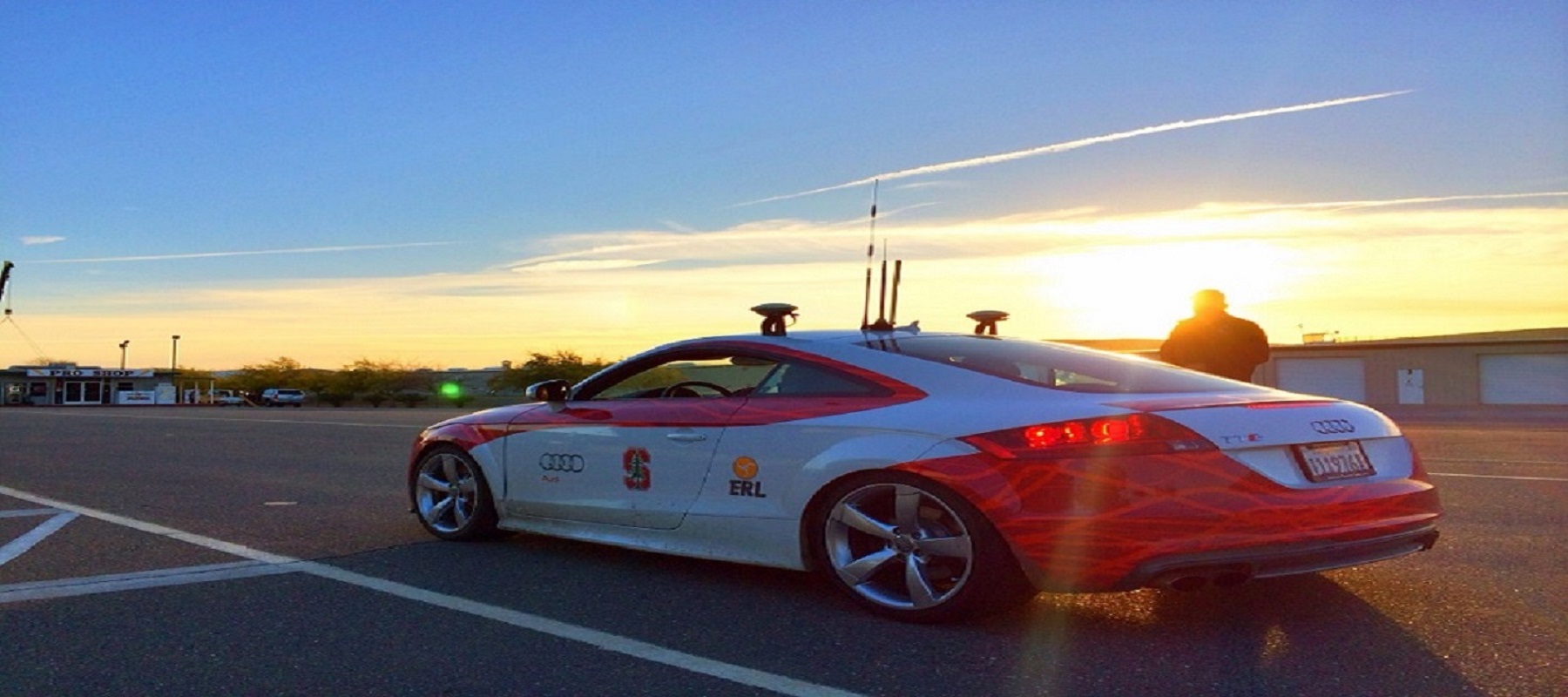Image: © Joseph Thornton/Flickr
Post from i-HLS:
“Researchers at Florida Polytechnic University are creating newly invented cyber attacks as a way to improve the security of cyber-physical systems (CPS). CPSs are systems where computer algorithms and physical components are deeply intertwined. Examples of CPS include autonomous vehicles, unmanned aerial vehicles, power systems, robotics, and airplane avionics.
Today, CPS are more complex than ever before, and as the complexity and amount of real world applications of CPS rises, then so does its vulnerability to attacks. Researchers at Florida Polytechnic University have received a grant from Cyber Florida to research possible weaknesses that CPS may have. Once the weakness is understood the researchers intend to design stronger security systems that can eliminate the threat.
One sort of threat is known as Time Delay Switched (TDS). TDS consists of a hacker desynchronizing the timing in a networked control system, this could affect the timing of information being received in the system. In the case of self-driving cars, TDS could impact sensor readings and potentially lead to life-threatening accidents.
The TDS threat was conceived by Dr. Arman Sargolzaei, assistant professor of electrical engineering, and his associates, as part of the research into CPS security.
Another possible attack CPS may be vulnerable towards is called False Data Injection. False Data Injection is when data flowing in the CPS is overwritten by false data, causing a scenario similar to TDS. Part of the research involves using a Random Attack Generator that combines False Data Injections with TDS and generates many possible methods of intrusion into the system. This allows the researchers to experiment with unpredictable methods of hacking into the CPS.
“Hackers might use these new kinds of attacks in the future and we don’t want to wait for that to happen to then figure out what to do,” said Sargolzaei to Floridapoly.edu. “We need to be creative on how we can get ahead of them.” Sargolzaei also mentions that the research is part of Florida Poly’s Advanced Mobility Institute’s efforts to develop and test autonomous vehicle technology in the state.
As the world becomes more open to autonomous vehicles and technologies, cybersecurity has never been so important. Having your computer or phone hacked may be scary, but having your car or airplane hacked may be life-threatening.”

